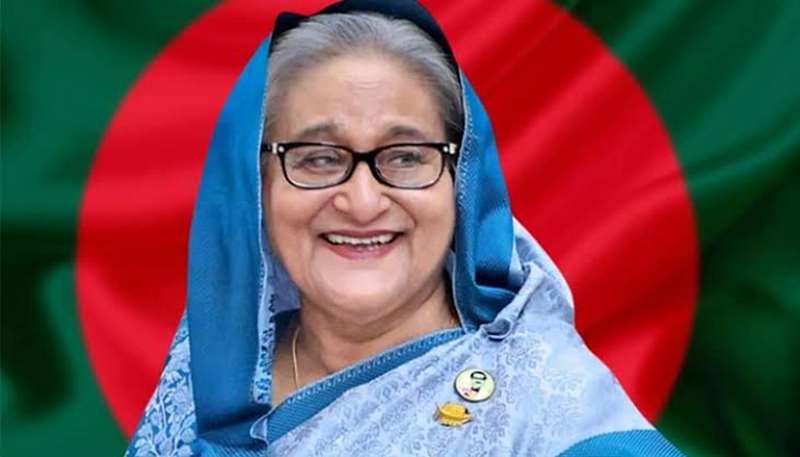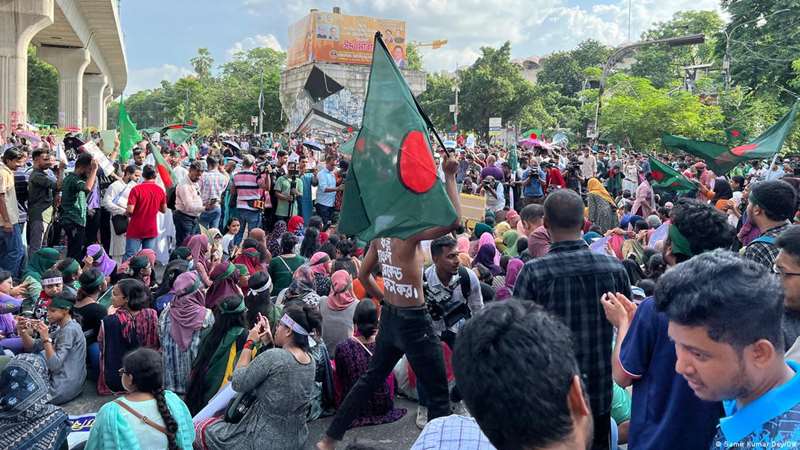Analysis of US Recognition
Sheikh Hasina's Golden Era of Power

Prime Minister Sheikh Hasina (Collected images)
The recent recognition of Bangladesh's new government by US officials following the 2024 general elections has sparked discussions regarding the country's political landscape and its implications for democracy. This report provides an analysis of the US stance, election dynamics, and the ensuing political environment in Bangladesh.
US Recognition and Collaboration
Despite concerns raised by the US State Department about the fairness of the elections, US officials have acknowledged and pledged collaboration with the newly elected government led by Prime Minister Sheikh Hasina. This recognition signals a shift in US engagement with Bangladesh and has been interpreted as a boost for Sheikh Hasina's administration.
Election Dynamics
The 2024 general elections saw Sheikh Hasina securing her fifth term in office amidst both regional and international attention. While the absence of major opposition parties, notably the Bangladesh Nationalist Party (BNP), raised concerns about the legitimacy of the electoral process, participation from other parties and independent candidates provided some semblance of multiparty competition.
Voter Turnout and Opposition Boycott
Official voter turnout figures stood at 41.8%, with some attributing the lower turnout to the boycott by the BNP and its allies. However, it's noted that voter participation varied across constituencies, with instances of robust electoral contests leading to higher turnout rates. The BNP's decision to boycott the elections has drawn criticism, with questions raised about its commitment to democratic principles and representation.
Analysis of One-Party State Allegations
Critics have voiced concerns about Bangladesh's trajectory towards one-party dominance, citing the overwhelming parliamentary majority secured by the ruling Awami League (AL). However, it's argued that independent candidates winning seats provide a degree of pluralism in parliament, challenging the notion of a one-party state. The role of the BNP in the electoral process and its decision to boycott the elections are scrutinized, with calls for accountability and commitment to democratic processes.
The US recognition of Bangladesh's new government, despite concerns about the electoral process, underscores the complexities of democratic governance and political dynamics in the country. Moving forward, ensuring transparency, accountability, and inclusive political participation will be critical for strengthening Bangladesh's democratic institutions and maintaining international confidence in its governance.









.jpg)
পাঠকের মন্তব্য